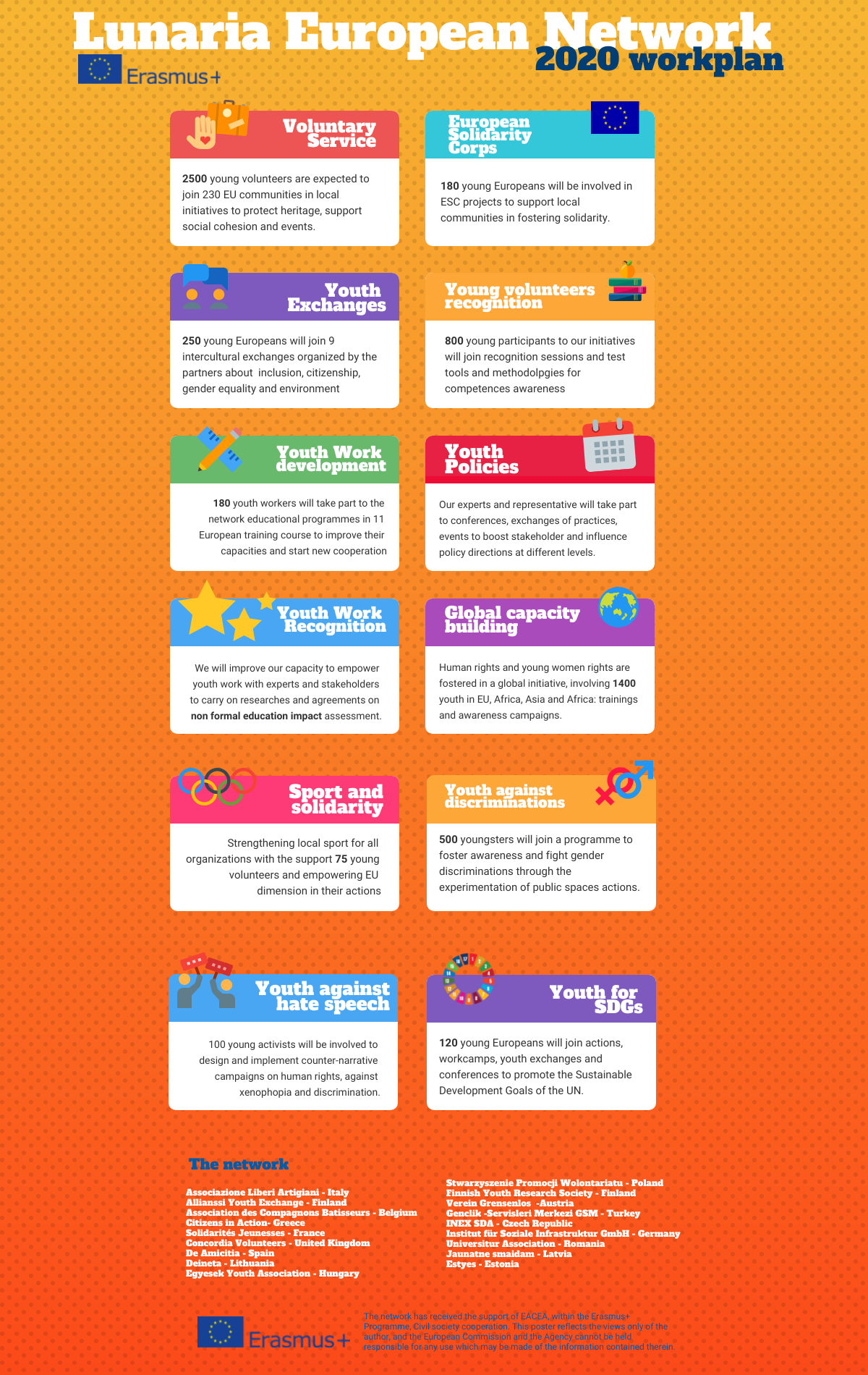
European Union is facing its most dangerous crisis since its foundation. The pandemic of the novel coravirus is pressing Institutions and civil society to build a stronger community, where health, safety and participation must be the pillars. An antidote is represented by experiences shaping the Union as a community of people, with same rights and responsibilities.
A combination of youth exchanges, initiatives, volunteering & training actions is then a unique chance to involve youth and stakeholders in the EU objectives. The actual situation of the mobility within EU countries, and also inside them, is putting our common action in a no-time and no-space dimension, where the digital connections are needed to keep schools and relationships alive. In this scenario our programme is under revision, many actions will be done online and streaming, while others are suspended.
“Young people are not subjects to be protected, but should be seen as citizens with equal rights, as full members of our societies, and as powerful agents for change. The world cannot afford a lost generation of youth, their lives set back by COVID-19 and their voices stifled by a lack of participation.“
We detected this potential in the impact of our activities on personal and social dimensions, being aligned with the Paris Declaration: “…the primary purpose of education is not only to develop knowledge, skills, competences and attitudes… but also to help young people to become active, responsible, open-minded members of society“, and in the Europe 2020 strategy, where the inclusive growth objectives address youth education and the risk of social exclusion.
In times of unequal economic growth the integration of learning opportunities is urgent. The EU 2020 stresses for more adaptable learning pathways and sees the validation of non-formal and informal learning as a prerequisite for the fulfillment of the agreed social targets: 20 millions fewer people in or at risk of poverty and social exclusion, 75% of the 20-64 should be employed, reduction of school drop-out below 10%.
Thus the network activities and its methods have an educational added value, more and more recognized: if the benefits for one’s personal growth and self-esteem is granted, it is also getting clearer how to support youth when bringing their experiential capital in next life and career steps. This led the network members to better represent the impact of their projects in lives and careers. The network promotes the recognition of volunteering as a terrific tool for one’s education. Informality dimension has been tackled recently with analysis and studies that show recurrences of learning elements in specific frameworks, showing that alternative methodologies are valid when assessing homogeneous informal experiences. Evidence based data and piloting collaborations with schools succeded to support the EU programmes and priorities, answering the needs of a knowledge society.
We boost non formal education and intercultural learning in solidarity actions for youth empowerment and social cohesion. This approach reflects also the political objectives of a stronger participation of all young people in the democratic and civic life, that require a massive involvement into civil society and public services, actions and solidarity initiatives, still far to be enough.
The 2020 programme will keep filling these gaps, in the the perspective of youth organizations supporting reforms at EU level and finally to empower European youth in the view of a more sustainable and inclusive educational system. The programme, as agreed with the network members, has strategic and logic overlaps.






